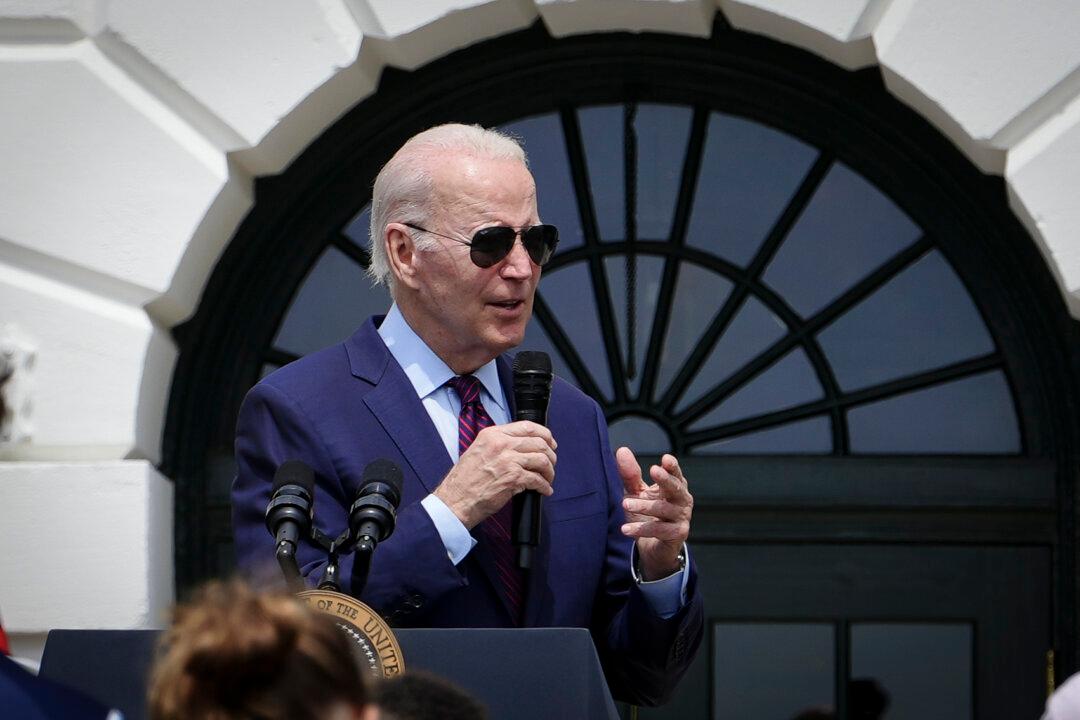The White House announced on Friday that President Joe Biden will grant clemency to 31 individuals who were convicted of nonviolent drug offenses.
The offenses committed by these individuals include possession and distribution of methamphetamine, heroin, marijuana, and cocaine, as well as conspiracy to distribute these drugs and possession of a firearm during and in relation to a drug trafficking crime.





